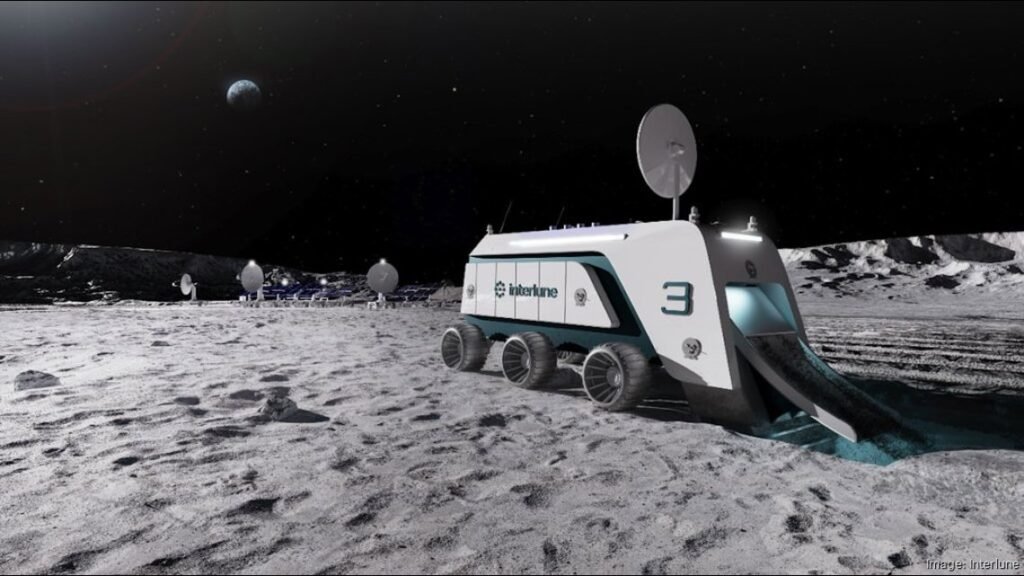Interlune’s chief scientist, Elizabeth Frank, will lead the company’s Houston team.
HOUSTON — The first tenant in Texas A&M University‘s $200 million space-testing hub said it’s ready to begin its move to Houston with the help of state money.
Interlune — a Seattle-based startup that wants to mine moon dirt, also known as regolith — confirmed it has finalized a $4.8 million grant to move into the Texas Space Institute. The company will occupy another location in Houston while the Space Institute’s construction continues, though representatives for Interlune declined to disclose where that will be.
Interlune’s chief scientist, Elizabeth Frank, will lead the company’s Houston team, where Interlune will create lunar regolith simulants to test its helium harvester, a vehicle designed to extract helium-3 from the moon’s surface.
“Lunar regolith is different from dirt here on Earth, so a highest-fidelity testing environment on Earth is of tremendous value to Interlune and the entire lunar exploration community,” Rob Meyerson, Interlune co-founder and CEO, said in a press release.
This story came to us through our partnership with the Houston Business Journal. Keep up with the latest Houston business headlines here.
Got a news tip or story idea? Text it to us at 713-526-1111.
